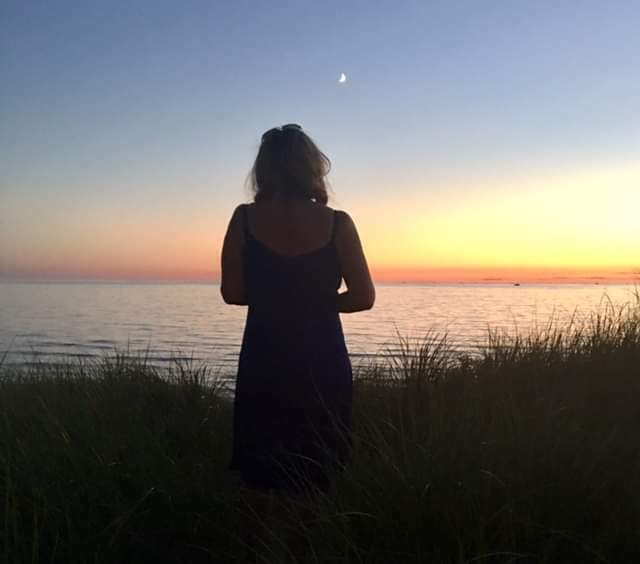As someone that parented a child with a significant physical disability that required 24/7 care for nearly thirteen years, one big question was always at the emotional forefront our planning.
Who would take care of our son, Eric, should he outlive us?
Otherwise known as guardianship planning.
Along with that came the concern that his loving sister, our only other child, would be the one most likely to take on that role.
Not because it would be expected. But because Jenna would want to step in if needed to ensure the brother that she loved so much in light of cerebral palsy would continue to be safe, loved and well cared for.
That’s who she is, and that’s what we modeled for her.
They shared a tight bond.
No easy ask.
Siblings of brothers and sisters with special needs have a role that is beyond challenging.
They tend to be protective, fiercely loyal, and given the often-challenging dynamics in such families, are often at increased risk of depression.
They often try to be the good kids to avoid adding stress to an already stressed-out family situation.
They try not to make more waves.
Even when daily family life is anything but typical.
Sibs often go into to helping professions like medicine, teaching, and others.
Filled with compassion and heightened life experiences, they often excel at them.
No real surprise there.
But living through those life experiences as a younger child can be rough.
The thought that our first-born child might be the one required to continue to honor her parent’s deep loyalty and commitment to her brother, impacting her own life and freedom significantly in the process, was tough to process.
That’s one reason the new PBS documentary, “He’s My Brother,” has resonated with me and with so many other families now struggling with this same issue of care for their children of various ages with disabilities, especially adult children.
When Eric passed away suddenly and unexpectedly in 2003 at the age of 12, we were devastated. But one part of me was also relieved that we would no longer be faced with the tough, unnerving and emotional decision about his care.
“He’s My Brother,” premiered on August 1, 2022, as part of Season 35 of the acclaimed PBS POV series that features independent films.
The powerful story is told through the sibling eyes of Christine Hanberg, who co-directed the film about her 30-year-old bother Peter, who is blind and deaf.
The family is struggling to find good care for Peter with his multiple disabilities. But they want to ensure a dignified life for Peter upon their death or inability to care for him as they age.
It’s a complex role and decision about guardianship that may ultimately fall to Peter’s younger sister, Christine, who is unsure about the role.
The film explores the complexity of this decision and how it would impact both children’s lives.
There are often no easy answers for these families, especially when there is only one other living child to consider.
At times, the conversation can be gut-wrenching.
I remember it well.
If you haven’t watched “He’s My Brother,” yet, you should.
It’s a difficult and complex topic and discussion long overdue.
Here’s the link to help you do just that.
Streaming free until Sept 1st at He’s My Brother | POV (pbs.org)
Has guardianship and disability impacted you and your family?

